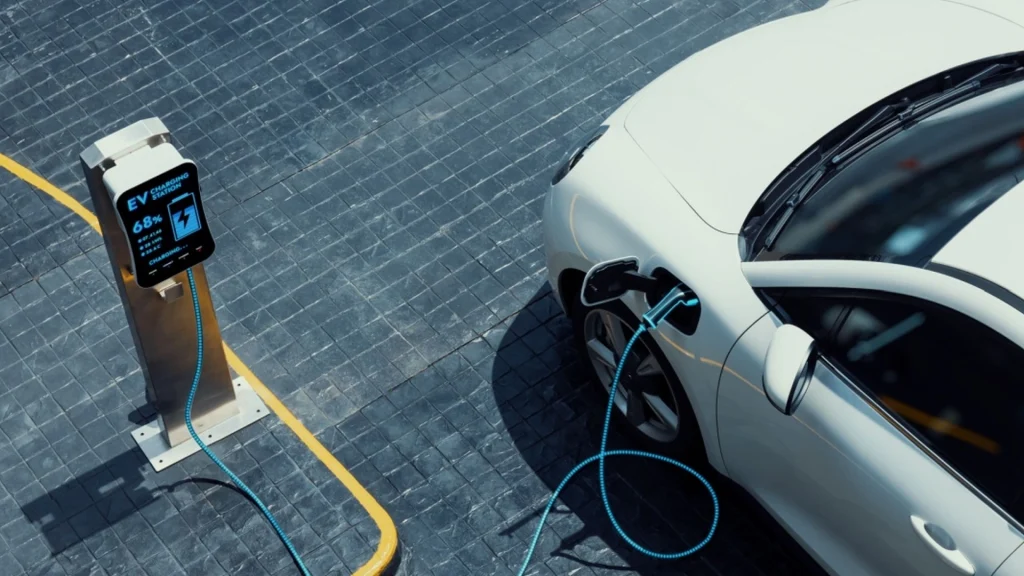BMW’s CEO Oliver Zipse calls for a rethink on Europe’s 2035 petrol and diesel ban.
Others are reading now
BMW CEO Oliver Zipse has urged European leaders to reconsider their plan to ban petrol and diesel cars by 2035, warning that failing to do so could make Europe more dependent on Chinese battery manufacturers.
Speaking at the Paris Motor Show, Zipse stressed that Europe should make the most of its strengths by allowing alternative low-emission fuels—such as e-fuels, biofuels, and hydrogen-powered vehicles—alongside electric vehicles (EVs).
As reported by Euronews, Zipse claimed that the current focus on battery electric vehicles (BEVs) puts Europe at a disadvantage, especially given China’s lead in battery technology.
Push for Flexibility
Zipse pointed out that Europe is behind China in developing affordable EVs and the battery infrastructure needed for the transition. While Europe is focused on electric vehicles, the region is also strong in developing alternative fuel technologies that can cut CO2 emissions.
Also read
He said it’s important to have a technology-neutral approach, so automakers can explore various solutions instead of only focusing on EVs.
“A correction of the 100% BEV target for 2035 as part of a broader CO2 reduction plan would reduce Europe’s reliance on Chinese batteries,” Zipse said, adding that Europe needs a more practical strategy to stay competitive.
Growing Opposition to 2035 Ban
Zipse’s comments come as more voices in the European automotive industry express concern about the 2035 petrol and diesel car ban.
Several major manufacturers like BMW, VW, and Renault, as well as some European governments, are worried that the industry is not moving fast enough toward electric vehicles.
Many fear that the EU’s CO2 targets are too ambitious and could harm the industry. Zipse described the mood in Europe as “trending towards one of pessimism,” warning that the 2035 deadline could shrink the European auto industry if things don’t change.
Slowing EV Sales
The European car market has been struggling, with total car sales dropping by nearly 16% in August 2024 compared to the same time last year. Sales of electric vehicles have fallen even faster, down 24% over the same period.
This slowdown has raised concerns that automakers could face multibillion-euro fines if they can’t meet the EU’s EV sales targets.
The European Automobile Manufacturers Association (ACEA), which represents 15 major European automakers, says the drop in EV sales is due to low consumer demand, while some critics argue that carmakers were slow to invest in electric vehicles and overestimated how much customers would pay.
Zipse is joining others across Europe who are calling for the 2035 deadline to be reconsidered.
In September, Italy’s Prime Minister Giorgia Meloni criticized the EU’s policies on EVs, calling them “self-destructive.”
The Czech Republic has also asked for the rules to be made more flexible.


